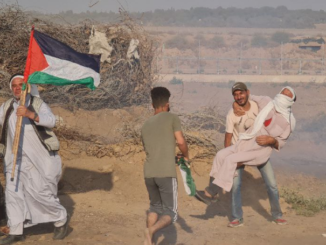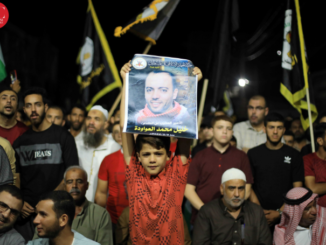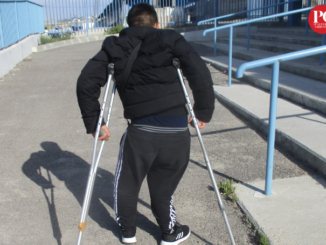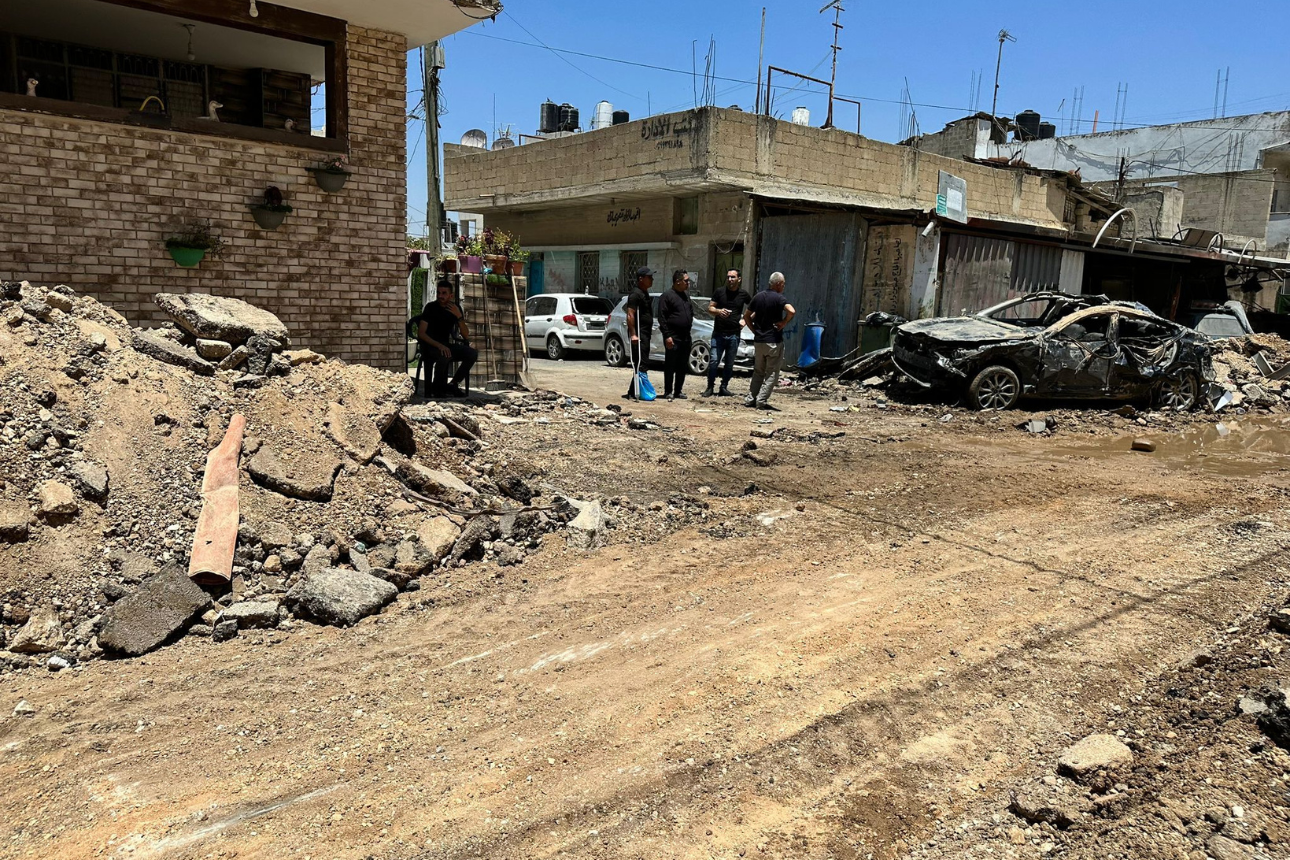
None of the Jenin camp’s residents managed to sleep all night, due to the sounds of the shells, which rained down on their buildings.
Muhammad al-Saadi kissed his three children before going to bed and promised them to go on a short trip this summer.
On that Sunday evening, al-Saadi children fell asleep following a long conversation about their summer plans.
A few hours later, the Israeli army invaded Jenin, along with the family’s neighborhood in the refugee camp, located in the northern West Bank.
The sounds of gunfire began to shake the walls of the camp by the early hours of Monday, July 3.
The three children woke up terrified, so their father tried to calm them down. He couldn’t.
None of the camp’s residents managed to sleep all night, due to the sounds of the shells, which rained down on their buildings. Everyone was afraid of what Israel had planned for the camp.
The Israeli violence continued throughout the morning hours.
All that Muhammad al-Saadi cared about was securing his family and protecting them from danger.
He was also concerned for his neighbors.
Due to the intensity of the Israeli bombing, he asked his neighbors on the second floor to come down and stay in his house so that they wouldn’t be harmed.
“We read on social media that the Israeli soldiers stormed the camp and raided the houses one by one. In fact, we heard their voices in the houses next to us, so we were waiting for our turn,” al-Saadi told The Palestine Chronicle.
Finally, the soldiers arrived, but not the way the al-Saadi family had expected.
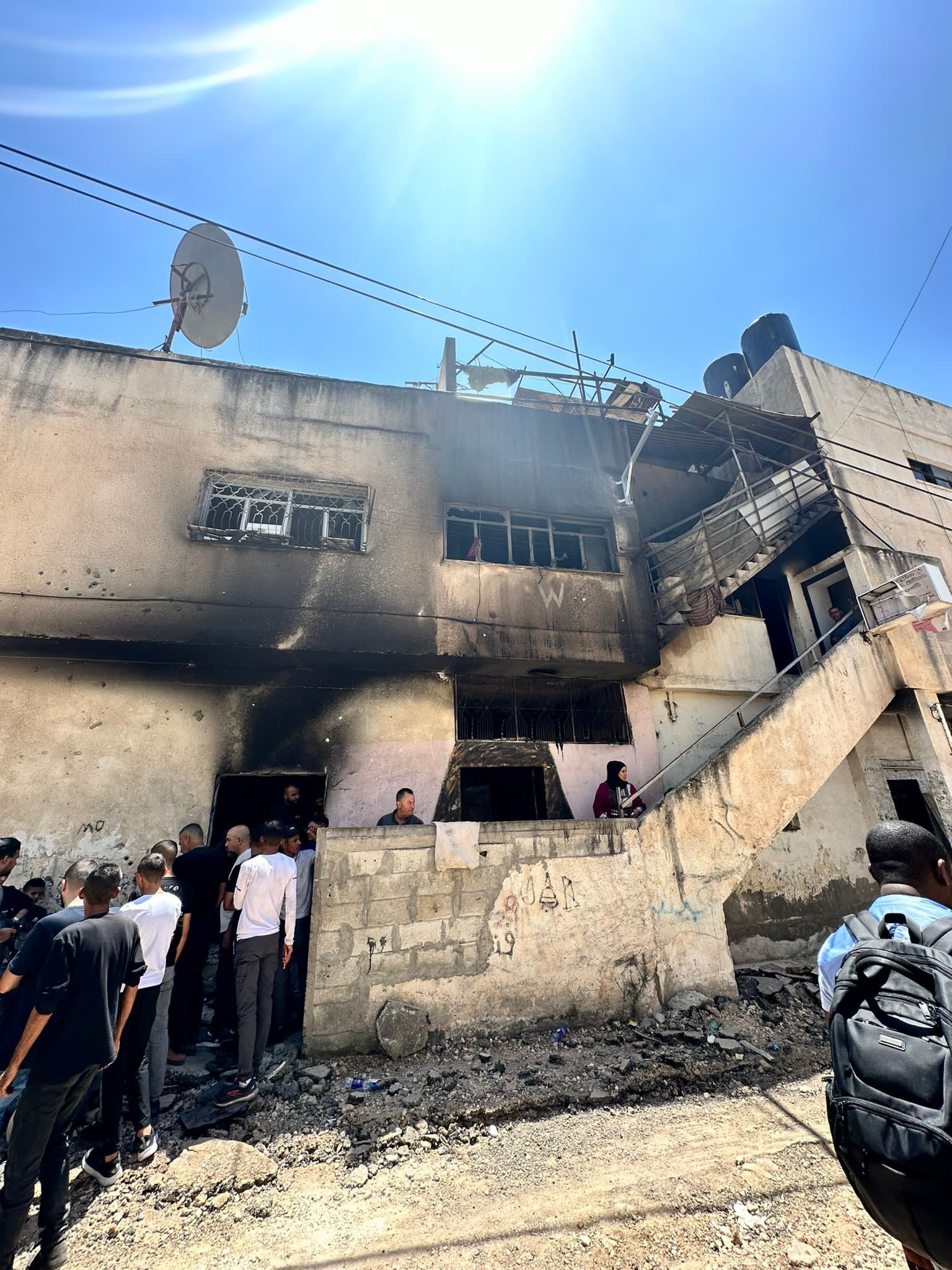
Unwelcome Guests
The soldiers didn’t knock; they blew it up.
“I asked everyone to stay in a single room. In total, there were eleven people. Suddenly, we heard a strong explosion that shook the whole house and shattered the windows, scattering glass all over the floors.”
The explosion was not caused by aerial bombardment, as was the case elsewhere in the town and refugee camp of Jenin. The Israeli soldiers were, in fact, at al-Saadi’s doorstep, literally blowing up one of the walls to gain access to the building.
Women and children began to scream at the menacing site of scores of Israeli soldiers storming the house, pointing their automatic guns at the inhabitants, while many military dogs barked nonstop.
“It was a horrific scene, the dogs attacked us and the Israeli soldiers were screaming the entire time,” al-Saadi said. “It was like a nightmare, but it was very much real.”
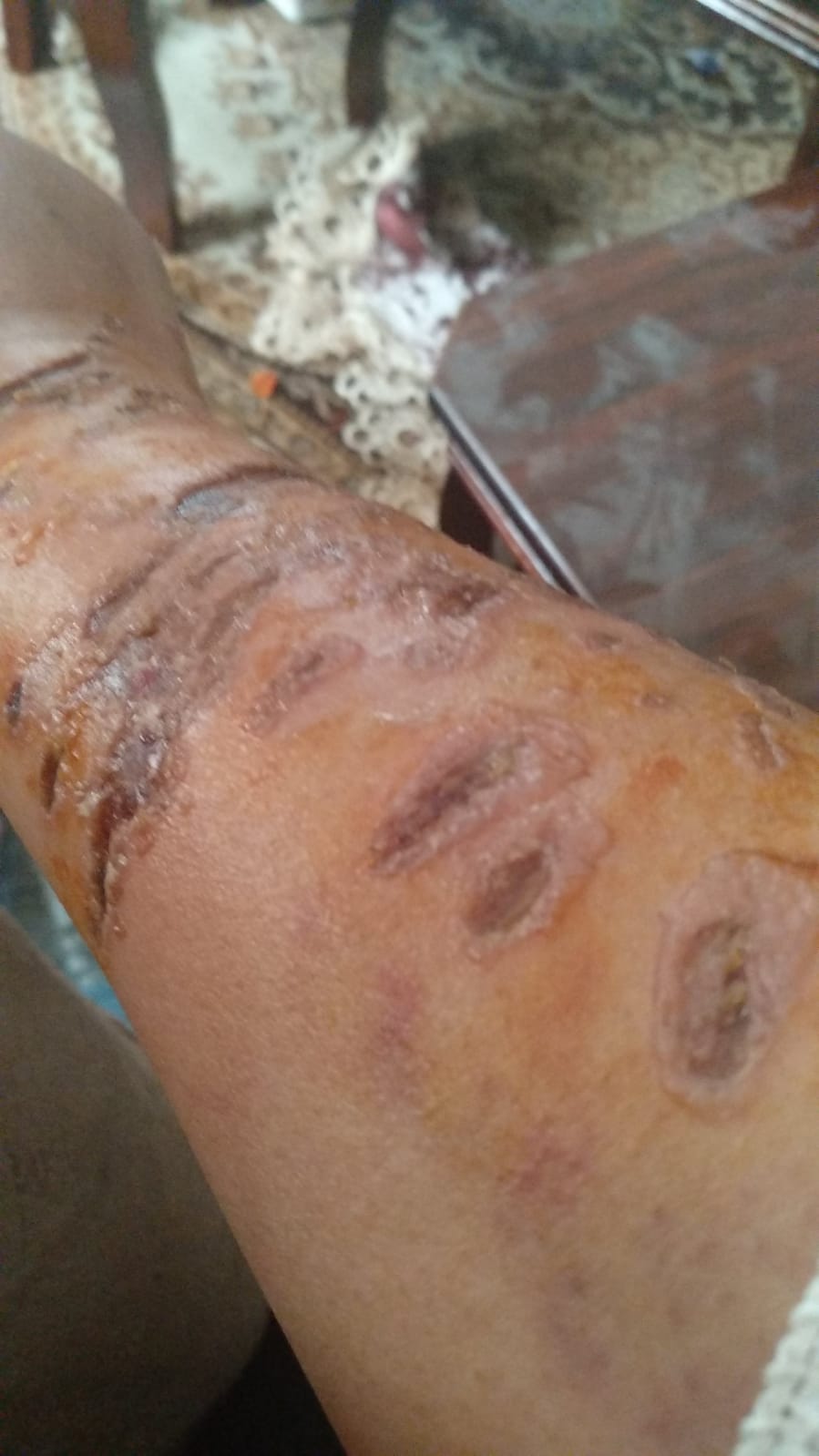
In no time, the house was turned into a military barracks. Two families were crammed into one room and thirty Israeli soldiers occupied the whole building.
Quickly, Israeli snipers broke the walls with large hammers, making holes to prod out their weapons while the rest of the Israeli soldiers broke everything inside.
“I brought my neighbors to my house to keep them away from danger, I did not know that the danger would be here,” al-Saadi said.
“Those were some difficult hours; glass covered the floors, the children were crying, dust almost covered everything and the soldiers seemed ready to kill everyone,” he added.
Power outages and the extremely hot weather made a difficult situation even worse.
“An Israeli sniper watched us the entire time, even when we tried to use the bathroom,” al-Saadi explained.
The Al-Saadi family was eventually evicted from their home. Hundreds of Jenin families were also displaced.
When the Saadis returned, three days later, they could not believe their eyes. The house stood in ruins.
Total Destruction
Late Sunday, to the early Monday morning hours, the Jenin refugee camp was subjected to intense Israeli bombardment.
The Israeli attacks were accompanied by a wave of intense shelling of homes and properties, all of which led to the killing of 12 Palestinians and the injury of 120.
Much of the infrastructure of the area was damaged, including water, electricity and sewage systems. The damage has reached nearly 80 percent of Jenin’s entire public facilities, according to official estimates.
The Israeli bulldozers deliberately destroyed whole streets, rendering them unusable. Numerous video footage on social media, taken by Jenin residents, documented much of this.
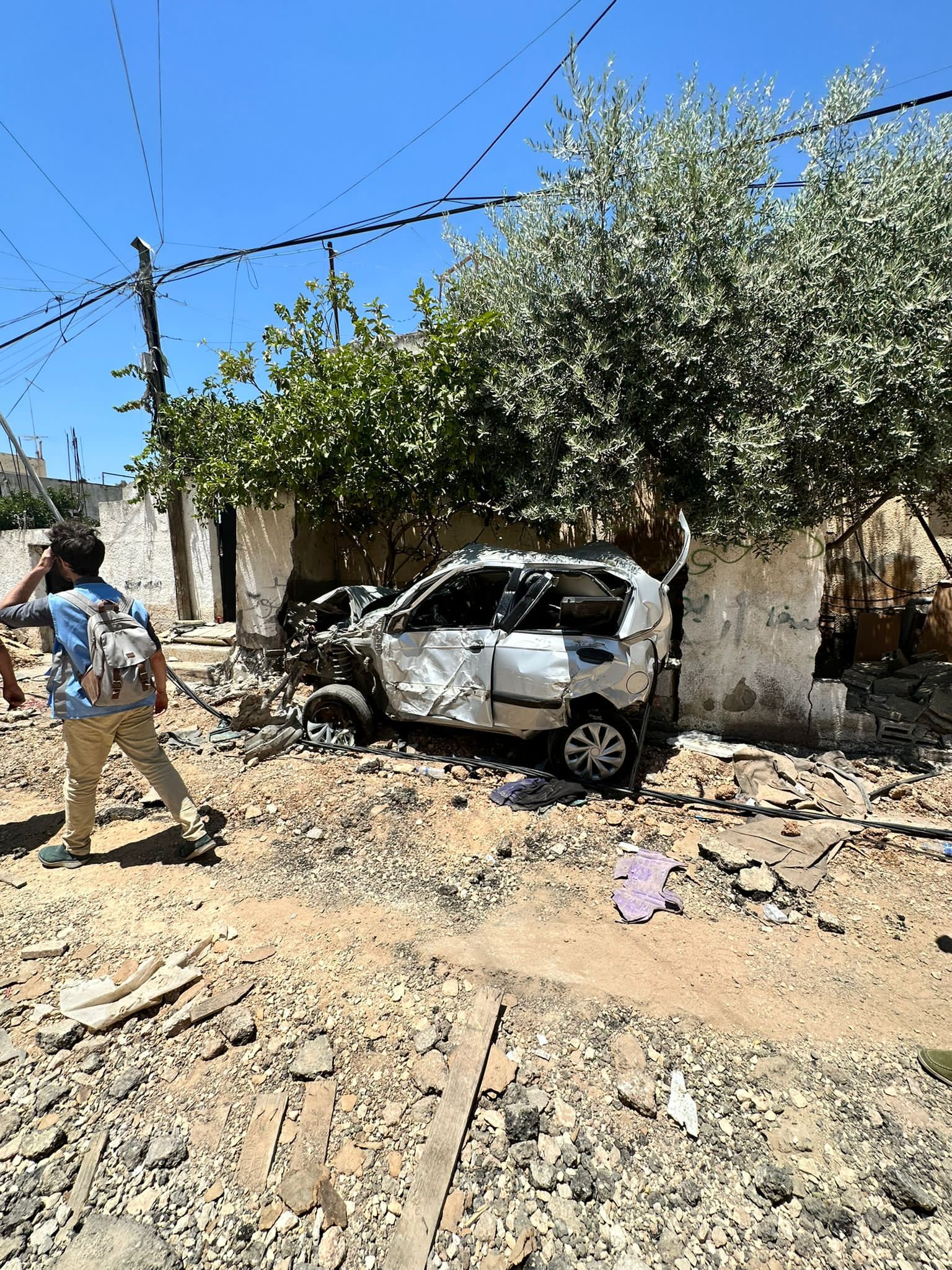
Time to Leave
The Jarbou family, who live in a neighborhood called al-Wakalah, went through difficult hours as well.
As the shells started to fall in the vicinity of the family’s three-story residential building, all the stones and shrapnel fell into the yard.
When Tawfiq Jarbou realized that the bombardment was not going to cease anytime soon, he felt that maybe it was time to leave.
Jarbou’s old and ill mother lived with him on the first floor. His siblings occupied the second and third floor. He tried to convince everyone to join him in the search for a safer place.
A few months earlier, the Jarbou family experienced a different kind of hardship, when their son Nour was wounded by ten Israeli bullets leaving him paraplegic.
After he was shot, and despite his condition, the soldiers arrested him anyway. He is still a prisoner.
The Jaroubs could not risk another tragedy. So, they fled.
All the houses in this particular neighborhood were totally destroyed or partially damaged. Families left their homes, and everything inside, not knowing when or whether they will be back.
“I took my sick mother, my wife and my children to a safe place. And we finally managed to come back, we thought we would go back to our house just to clean it,” Jarbou told the Palestine Chronicle.
“But when we came back, an unpleasant surprise was awaiting us,” he added.
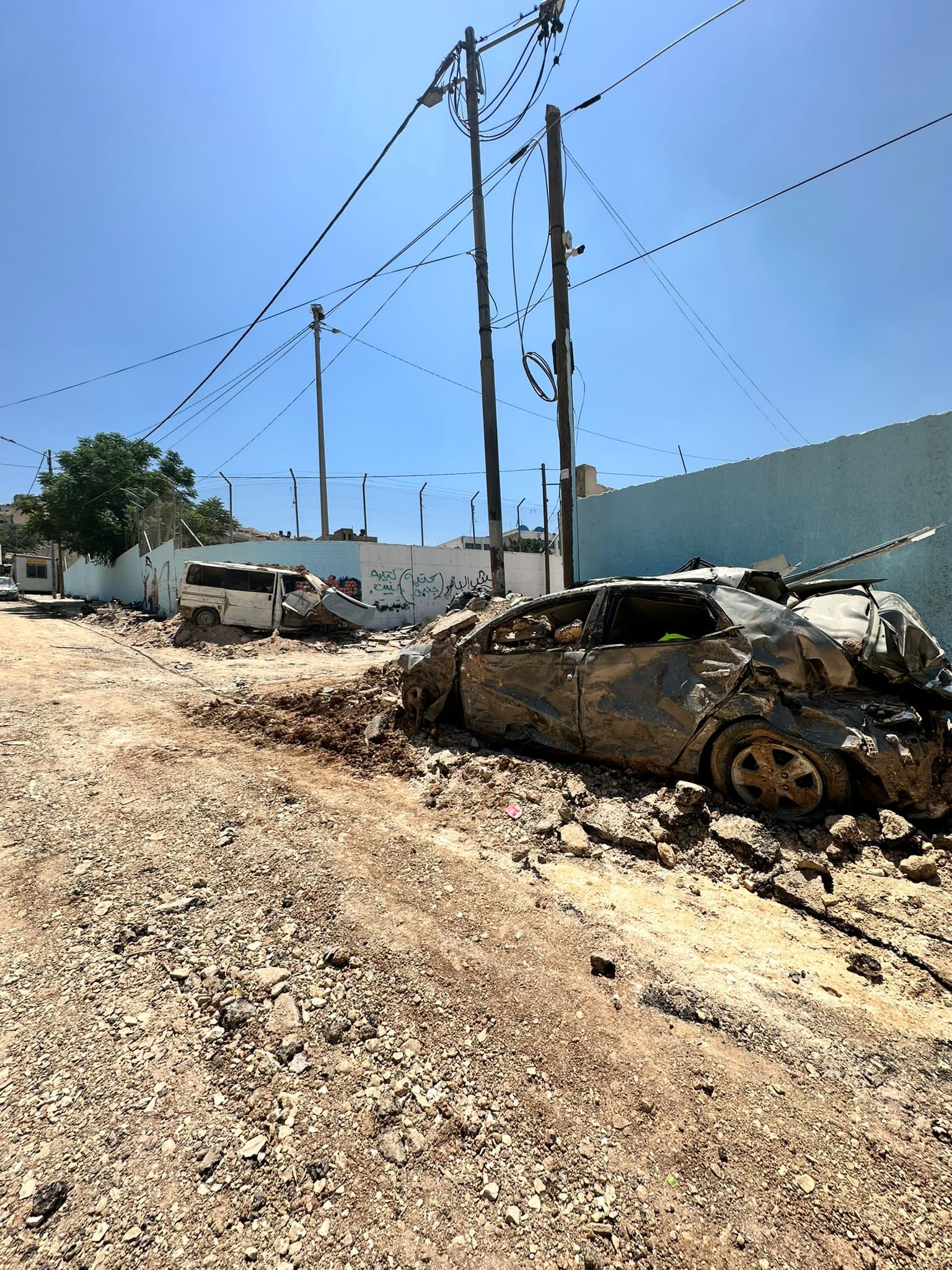
Israeli Army Surprise
After the Israeli army’s withdrawal, the displaced families began trickling back in slowly. They were joined by the Jarbou family.
When the family arrived at their building, they were quite relieved. The building, from the outside, looked somewhat normal.
But when the family entered their homes, they were shocked by the extent of the damage inside, especially the ground floors: the interior walls were demolished, the stairs connecting the various floors were destroyed, even the posters of Nour, now a prisoner, were torn. Nothing seemed to have stayed in its place.
“It was a shocking scene. We didn’t expect this scale of destruction,” Jarbou said.
Initially, the family discussed sharing the safer spaces of the building. But when engineers visited the house to check, they advised that the entire place had to be destroyed.
The Jorbou family home was not the only one that was destroyed or had to be destroyed due to the intensive damage.
The residents of Jenin, however, tell the Palestine Chronicle that they will rebuild, as they have done repeatedly in the past.
It is the memories within the walls of the destroyed homes, however, that cannot be easily remade.
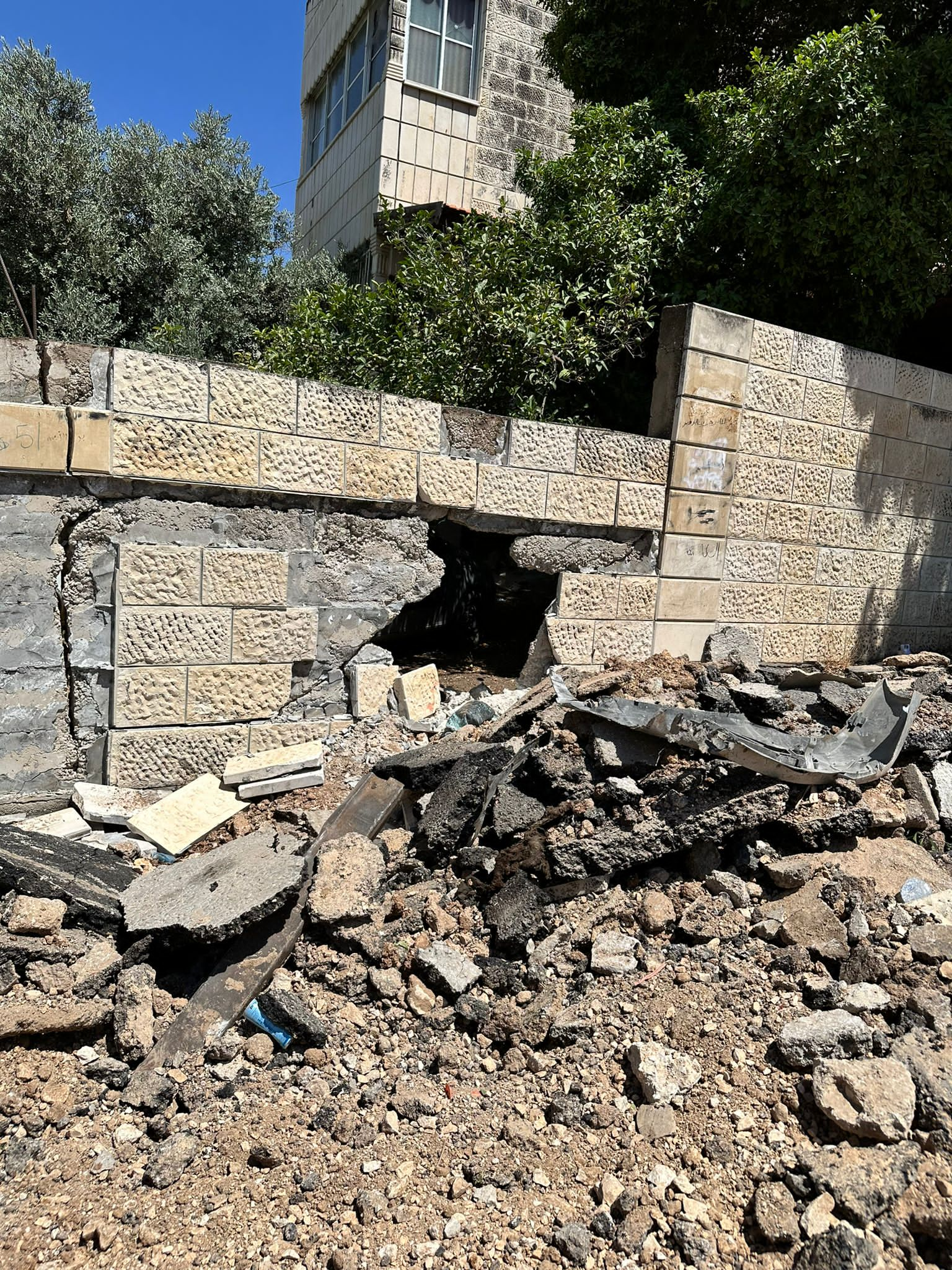
(All Photos: Tarek Shalash via UNRWA, Supplied)
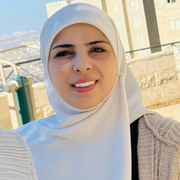
– Fayha’ Shalash is a Ramallah-based Palestinian journalist. She graduated from Birzeit University in 2008 and she has been working as a reporter and broadcaster ever since. Her articles appeared in several online publications. She contributed this article to The Palestine Chronicle.



